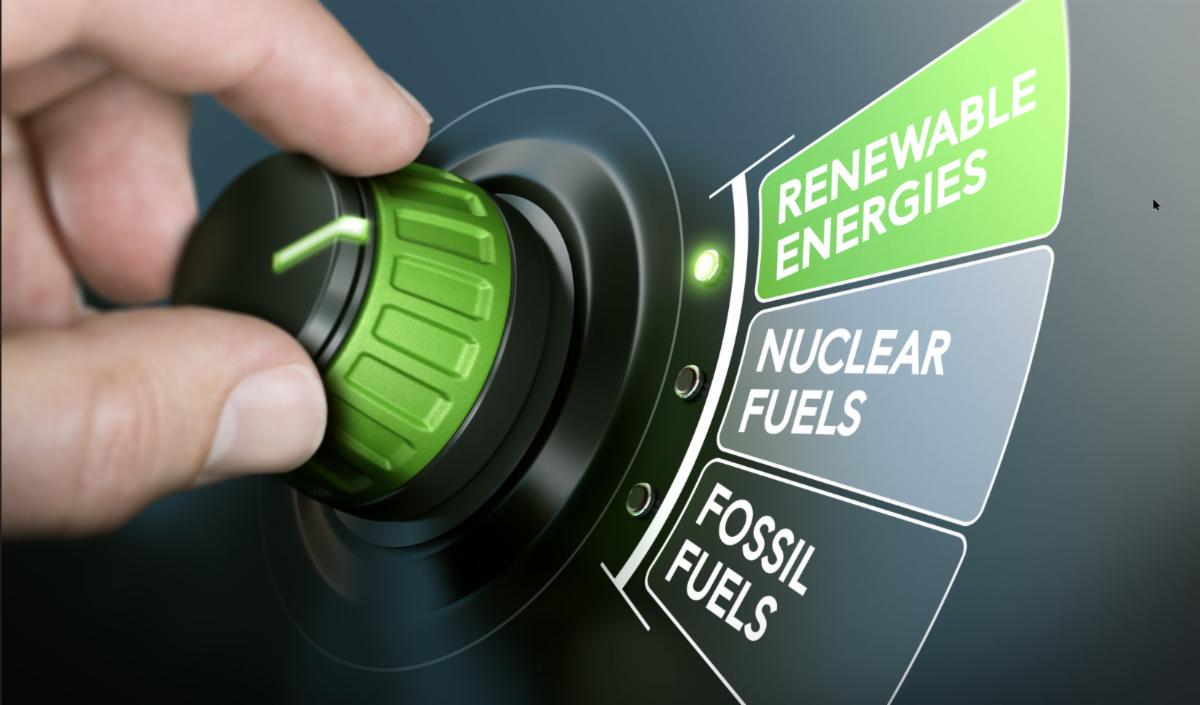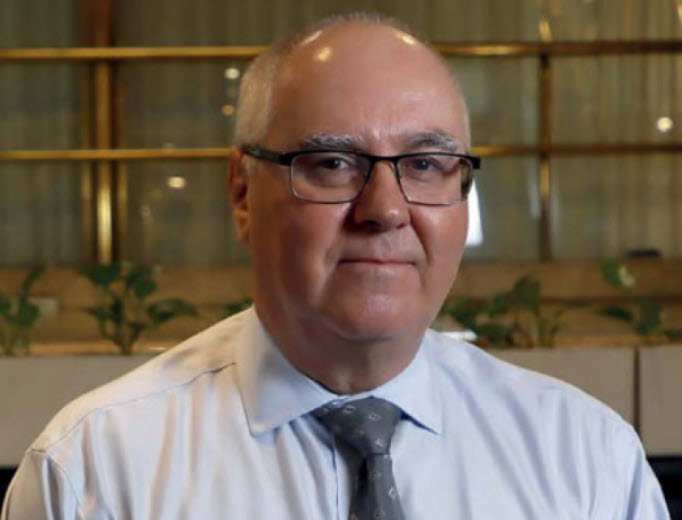An online lecture by Dr. Alfredo Caro – January 11, 2023, at 11:15 to 12:15 PM EST
Climate change and the escalation of the conflict in Ukraine, threatening the global energy and food supply, are among the most severe challenges facing society today – making it imperative to transition from fossil energy to secure, resilient, clean, and lower-cost energy sources.  But, transitioning from an economy built on energy-dense, transportable but climate-unfriendly fossil fuels vulnerable to geopolitical conflicts to one based on locally-generated but less dense and intermittent sources, such as wind and solar, requires a massive global transformation in all sectors of the economy. But, transitioning from an economy built on energy-dense, transportable but climate-unfriendly fossil fuels vulnerable to geopolitical conflicts to one based on locally-generated but less dense and intermittent sources, such as wind and solar, requires a massive global transformation in all sectors of the economy. At a time when technology is changing at the fastest rate in all human history, the role nuclear energy is called to play in the de-carbonization of electricity production is unclear, with voices for and against its expansion. After all, nuclear is a dense and constant energy source, so it addresses wind and solar’s intermittency and density challenges. However, nuclear energy as we know it, i.e., large reactors, faces serious obstacles, including safety, waste disposal, cost, overruns, and its history of construction delays. Small and modular reactors might come to the rescue via in-house manufacturing and shorter deployment times. Also, in its several variants, fusion is claimed to be an option to be considered within the time scale imposed by climate change. In this lecture, Dr. Alfredo Caro will provide a broad overview of nuclear technology at present, its challenges and opportunities as seen in different parts of the world, the most advanced examples being developed worldwide, and the news in this field that captures the attention of the public, the press, and the investors. |
 Meet the Speaker Meet the SpeakerDr. Alfredo Caro, a GW Research Professor, was the Director of the Atomic Center and Balseiro Institute in Bariloche, Argentina; he worked for the European Fusion Program at the Paul Scherrer Institute in Switzerland and the DOE Fusion Program at Lawrence Livermore National labs. At the Los Alamos National Laboratory, he led the Science of Nuclear Materials and Fuels Team within the Materials Science and Technology Division. Most recently, he was Program Director at the National Science Foundation, responsible for the Materials Science and Engineering Centers and the Partnership for Research and Education in Materials Programs. |
Posted in Decarbonization & Energy
